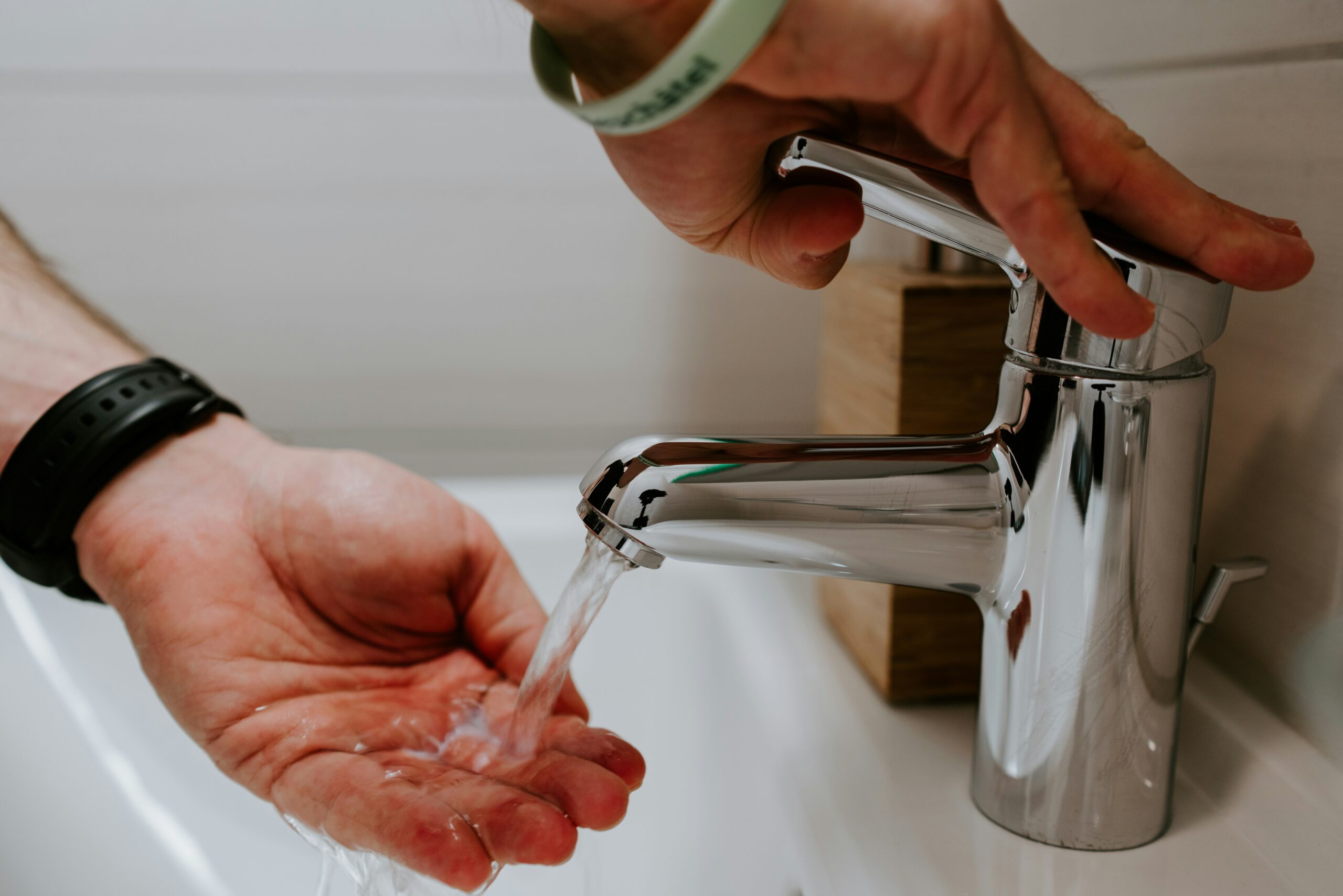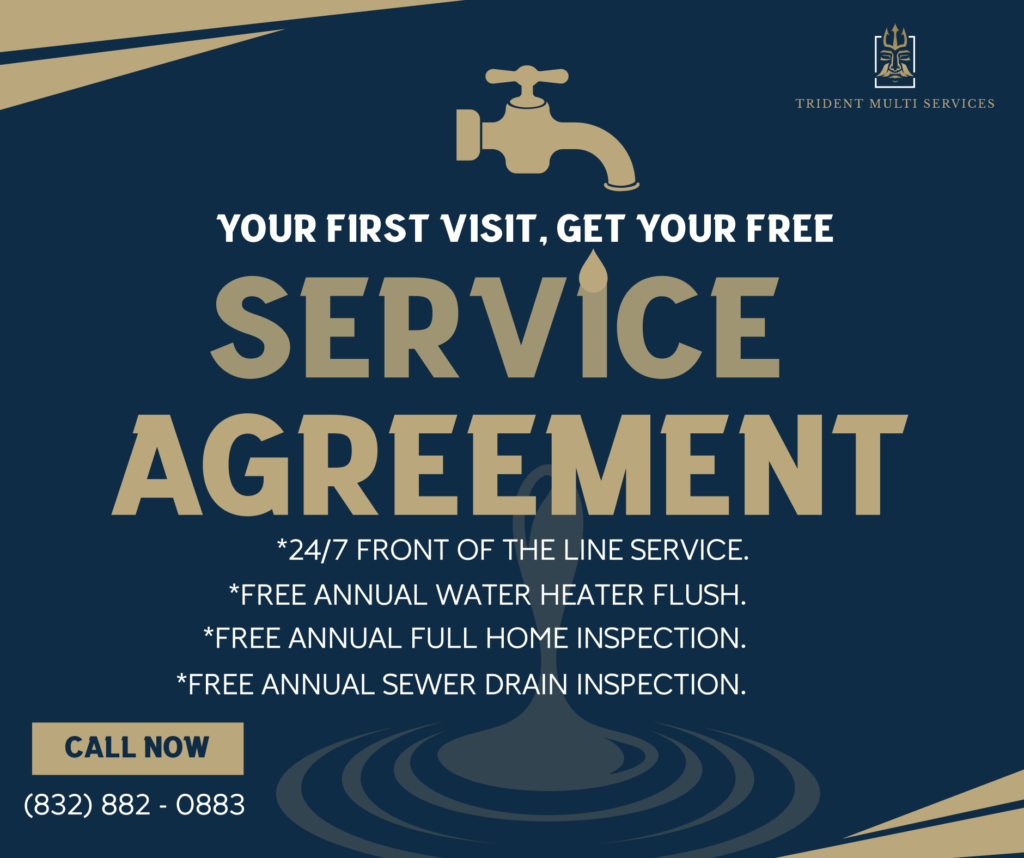
Embarking on a do-it-yourself plumbing journey can be both rewarding and empowering for homeowners. From minor fixes to preventative maintenance, here’s a handy guide filled with DIY plumbing tips and tricks to keep your plumbing in top shape.
1.Unclogging Drains: Say goodbye to stubborn clogs by mixing equal parts baking soda and vinegar down the drain, followed by hot water. For preventive measures, regularly flush drains with hot water.
2. Fixing a Running Toilet: A running toilet can waste water and inflate your bills. Adjust or replace the flapper and check the chain length to stop the incessant running.
3. Silencing Noisy Pipes: Noisy pipes can be a nuisance. Secure loose pipes with clips or straps to minimize rattling sounds, especially in areas with high water pressure.
4. Dealing with Leaks: Fix minor leaks by tightening loose connections with a wrench. For larger leaks, use plumber’s tape as a temporary solution until professional assistance arrives.
5. DIY Water Heater Maintenance: Regularly flush your water heater to remove sediment and maintain efficiency. Test the pressure relief valve by lifting and releasing it to ensure proper functionality.
6. Toilet Tank Repairs: Avoid a constantly running toilet by adjusting the water level or replacing the flapper valve. A cost-effective solution that saves water and your wallet.
7. Plumbing Tools Every DIYer Should Have: Equip your toolkit with essentials like a plunger, pipe wrench, adjustable wrench, plumber’s tape, and a pipe cutter. These tools empower you to handle various plumbing tasks confidently.
8. Preventing Frozen Pipes: During colder months, insulate exposed pipes to prevent freezing. If temperatures drop significantly, leave faucets dripping to maintain water flow and avoid pipe bursts.
9. DIY Leak Detection: Regularly check for water stains, mold growth, or musty odors, which may indicate hidden leaks. Investigate promptly to prevent further damage.
10. Know When to Call a Pro: – While DIY fixes are empowering, it’s crucial to recognize when a professional plumber is needed. For complex issues or if DIY attempts exacerbate the problem, seek expert assistance.
Arming yourself with these DIY plumbing tips allows you to tackle common issues and maintain your plumbing system efficiently. Remember, preventive measures and early intervention can save you time and money in the long run. However, always prioritize safety and know your limits – some tasks are best left to the experts. Happy plumbing, DIY enthusiasts!

